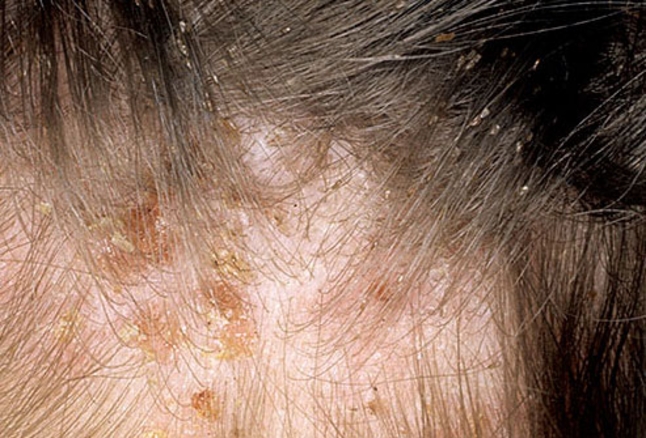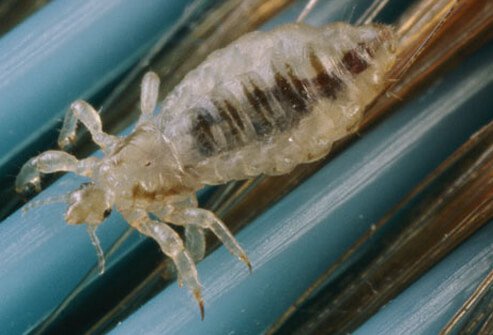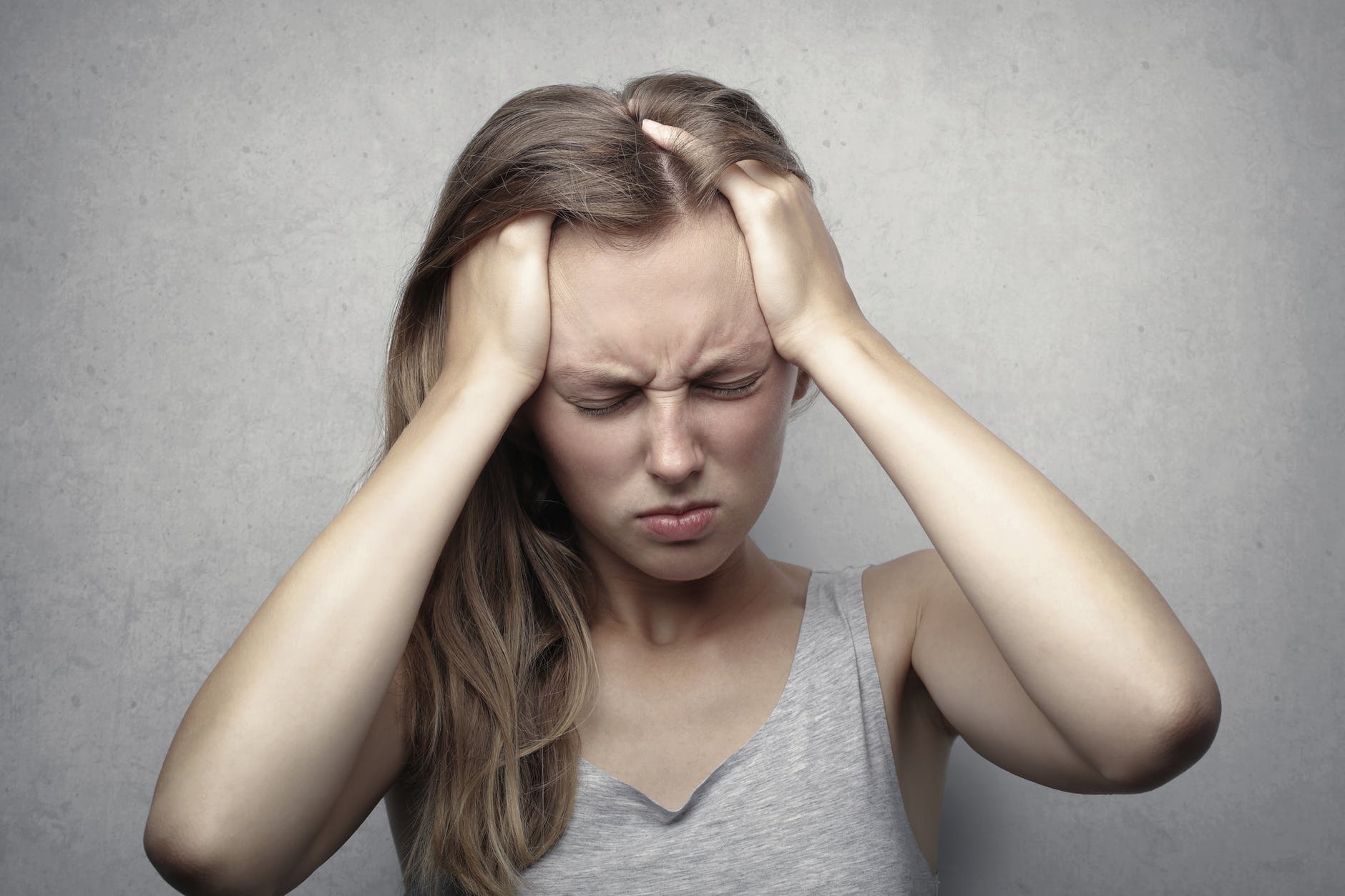Head lice are small insects — up to 3mm long. They are parasites that can live in your hair, on your scalp, and feed on your blood. They are not known to spread diseases, but this doesn’t mean you should just ignore them. Having head lice for too long is not pleasant.
Avoid having head lice for too long
1. More severe infestation
Head lice have three life stages — the egg, nymph, and adult stages. They can go through these stages in just two weeks. Eggs hatch after just a week, and the nymphs that emerge from them also take just a week to be full-grown adults. These adults can live up to 30 days, with the females being able to produce 10 eggs a day.
Yes, head lice die on their own, but infestations don’t. If you don’t get rid of the infestation, it will not go away because its population will just replenish itself. It may even get worse because of how fast these parasites reproduce.
2. Risk of infection
Head lice are itchy. When a louse bites you to feed on your blood, it injects its saliva into your body. Your body will treat this as a foreign substance that needs to be eliminated, triggering an allergic reaction that can lead to itching.
Don’t underestimate itching. It’s not just uncomfortable. It’s also a health risk in its own way. Intense itching can lead to skin irritation, soreness, and infection. You may think you have the discipline to avoid aggressive scratching to relieve the itching, but what about children, who are more likely to get these parasites?
3. Hair and scalp health
Head lice can also lead to rashes because of their biting and you scratching these bites. This can affect your scalp health. These parasites can also affect your hair health. No, they don’t directly cause hair thinning and hair loss. But the stress associated with them can lead to these hair conditions.
One of the many head lice treatments out there involves the use of lice combs. Using lice combs may also lead to hair loss, as you naturally lose hair when your comb. However, this can be considered a natural occurrence and it doesn’t necessarily mean that you are losing too much hair. The stress associated with infestations is a bigger hair loss culprit.

4. Emotional and psychological effects
In a way, head lice infestations are not mere physical conditions. They can lead to emotional and psychological conditions that can make them even more unbearable. Stress is the number one condition you should be concerned about. But you should also not disregard the effects of sleep loss.
Intense itching can lead to a lack of sleep, and a lack of sleep can lead to psychological conditions like anxiety, depression, and irritability. There are also some weird psychological conditions out there that can occur, like psychogenic itching, a condition where you experience itching because of your anxiety.
5. Social consequences
If you are known to be a person with these parasites, people may start to avoid you. This is because they think they will easily get the parasites from you. It’s just a myth that head lice can fly or jump. People are not likely to get the parasites just by being near you. But they don’t know that, so they will stay away anyway.
Children have it even worse. Many schools have a “no-nit policy,” meaning that children with head lice or nits are not allowed to attend classes. Many experts believe that such policies are unnecessary and exaggerated, but many schools still implement them. But even if children are allowed to attend classes, there are still social consequences for them. They may get bullied for having parasite infestations.
6. Avoid passing the head lice on to others
Your head lice infestation is not just your problem. It’s the problem of your entire household. This is because it’s fairly easy to spread the parasites among the people in your home. One of the most common ways to pass head lice is head-to-head contact. Mothers are very prone to this because they often sleep on the same bed with their head lice-infested children.
People can also get the parasites by using the personal items of an infested person. These parasites can only live for about one to two days without a host. But this is still enough time to wait for a person to infest. For instance, they can stay in combs, pillows, and towels.

Getting rid of head lice the right way
- Consult a doctor. Infestations may be difficult to completely eliminate because of the way these parasites breed and spread. The best way to get rid of them is by consulting a medical professional. The doctor will be able to diagnose your problem and prescribe medication that is suited for your specific case.
- Try over-the-counter medications. Sure, a medical professional may be able to prescribe a stronger and more effective medication. But this doesn’t mean that those you can buy over-the-counter are ineffective. They are still very much viable. Just make sure to follow their instructions. One of the many reasons why these parasites don’t go away easily is that you don’t use your medication properly.
- Clean your home. Since these parasites can stay on your furniture and personal items, it’s a good idea to always clean your home. After cleaning, make sure to throw the dirt on garbage cans outside of your home to prevent captured parasites from getting back inside your property.
You don’t want to have head lice for too long
Head lice are not considered to be serious health risks. But this doesn’t mean you should just ignore them. Doing so has a lot of negative consequences. They can cause physical effects like wounds and infections, psychological effects like anxiety, and societal effects like bullying. Treat infestations now with urgency.

